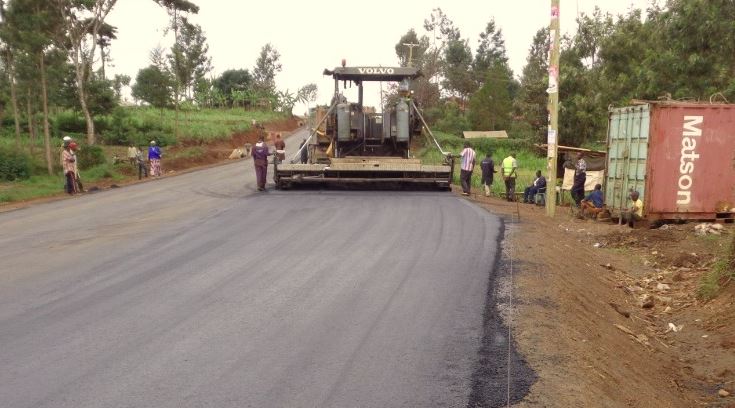Kenya ranked among states with poor measure of job quality - report

The report notes that despite strides in economic growth, the country's overall job quality score remains dismally low.
Kenya is among developing countries with a poor measure of job quality, a position that points towards an alarming concern across various labour market dimensions: earnings, benefits, job stability and working conditions.
This is according to the World Bank's latest Job Quality Measure (JQM) report, which evaluates wage employment across developing nations globally.
More To Read
- Kenyans’ happiness levels drop for second year running in 2025
- Why youth unemployment crisis persists despite post-Covid economic recovery
- Job loss crisis looms as state shuts more than 200 companies
- 71% of employed Kenyan youths turn to side hustles for extra income
- Kenya's youth unemployment epidemic: A ticking time bomb for crime, violence
- Untapped potential of older workers key to addressing labour underutilisation
The report notes that despite strides in economic growth, the country's overall job quality score remains dismally low.
Currently, according to the update, Kenya has a score of under 1.9 out of a maximum of 4, reflecting significant challenges facing workers across the country in securing well-paying, stable, and secure employment.
The JQM sums the successes across dimensions and assumes that dimensions are weighted equally with unity weights to highlight the difference with deprivation indicators.
"Measuring job quality in this way will reach a job quality score of 0 if a worker has a job that does not meet any of the criteria of success in all dimensions. In contrast, a worker with a job that has successes in all four defined dimensions receives the maximum job quality score of 4," the World Bank says.
The country's income measure stands at 0.5, while benefits and stability each have a score of 0.25, out of the maximum score of 4.
The satisfaction aspect on the other hand has a score of about 0.25.
The benefits dimension includes employment perks that protect workers from various shocks, such as health insurance, pension contributions, social security, and paid leave.
The stability dimension, meanwhile, includes indicators such as job tenure, written contracts, permanent positions and formal employment.
The report further reveals that job quality tends to be lower for women, youth, rural workers, and individuals with lower educational attainment.
"The most significant gaps are observed between workers with varying levels of education. Workers with secondary education have an average JQM score 30 per cent higher than those with primary education, while those with tertiary education score 26 per cent higher than those with secondary education and 63 per cent higher than those with only primary education."
The JQM scores also show that high-skilled workers generally experience better job quality across all dimensions, with particularly notable differences in benefits.
Additionally, urban workers' job quality closely mirrors that of prime-age workers, while rural workers, especially youth, face lower job quality.
Sector-wise, the lender says certain sectors offer significantly higher job quality than others.
Finance, business services, public administration, and utilities stand out as sectors with superior job quality, particularly in benefits and stability, the lender says in part.
"In contrast, lower-skill sectors like agriculture and construction have the lowest job quality scores. Agricultural wage workers, for example, score poorly across all dimensions except for working conditions, while construction workers face the greatest challenges in benefits and stability."
Top Stories Today












































